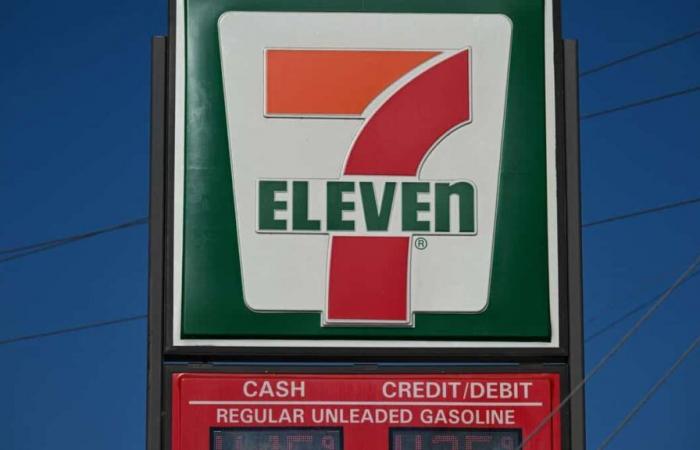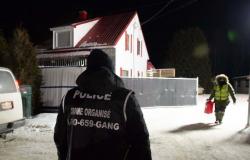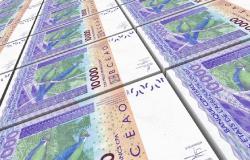The fate of the Japanese convenience store giant Seven & i, owner of 7-Eleven stores and coveted by its Quebec rival Couche-Tard, is an issue of “economic security”, said a Japanese minister on Thursday, pointing out the crucial role of the distributor during disasters in the country.
• Also read: Seven & i plans to buy back its own shares to escape Couche-Tard
• Also read: Couche-Tard defends in Tokyo its offer to buy “all” of Seven & i
• Also read: Seven & i restructures in the face of the desires of Quebec Couche-Tard
Seven & i, which has 85,000 stores in around twenty countries, rejected a takeover proposal by Alimentation Couche-Tard (ACT) in September, deemed undervalued.
The Canadian group has since improved its offer, which would value the Japanese company at around $45 billion, but Seven & i assured to study an alternative proposal from the family of its founder to buy back all the shares of the group and take it out of the company. Sotck exchange.
“Economic security is a new area (that needs to be taken into account). For example, the acquisition of Seven-7, I think, is closely linked to it,” Japanese Minister for Economic Revitalization Ryosei Akazawa told the press on Thursday.
“From a disaster prevention perspective … we need to get the cooperation of convenience store operators to send hot food” to volunteer workers and residents without housing and access to food in the stricken areas by disaster, he observed.
A quarter of 7-Eleven stores are in Japan, where these omnipresent convenience stores sell take-out meals as well as concert tickets and offer local services (ATMs, bill payment, etc.).
Above all, due to its tight network of stores and logistical support throughout the territory, 7-Eleven traditionally plays a key role during emergency situations, particularly natural disasters – earthquakes, landslides, typhoons – which regularly strike the archipelago.
It’s an “important question” being considered by the government’s disaster management agency: “if, for example, Seven-7 becomes a wholly foreign-owned company with the pursuit of profitability as its first priority, will it offer truly full cooperation in the event of a disaster? Mr. Akazawa asked.
A sign of the symbolic nature of convenience stores in the country, Tokyo classified Seven & i as an “essential” company in mid-September, which complicates the procedures for a possible takeover by a foreign entity.
Ryosei Akazawa’s comments come after US President Joe Biden blocked American steel giant US Steel by its Japanese rival Nippon Steel citing risks to US “national security”.
A decision which caused consternation and incomprehension in Japan, a close ally of Washington.
Seven & ia also reported on Thursday results at half mast in the third quarter of its staggered 2024-2025 financial year.
It saw its net profit collapse by 89% over one year, more than expected, to 11.4 billion yen (70 million euros) over the three-month period ended at the end of November.
At the same time, its turnover stagnated at around 3,000 billion yen, penalized by inflation weighing down consumption in Japan and by weak sales in the United States, its flagship market. Its operating profit plunged 24%.
These continuing difficulties, indicating that Seven & i is struggling to stem the decline in retail sales, could encourage some of the group’s investors to intensify their pressure for a sale to Couche-Tard.






